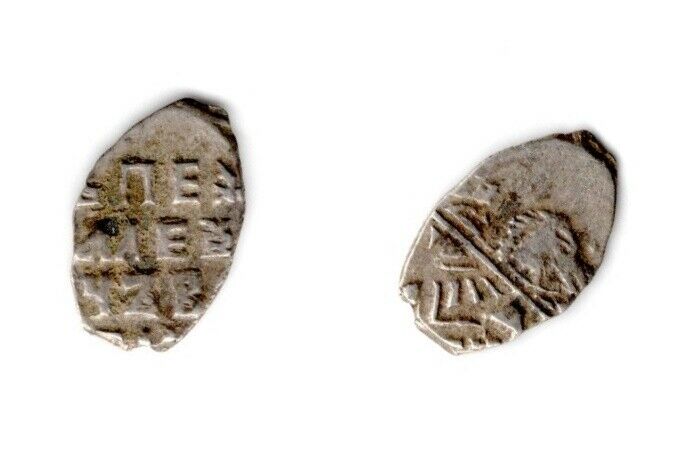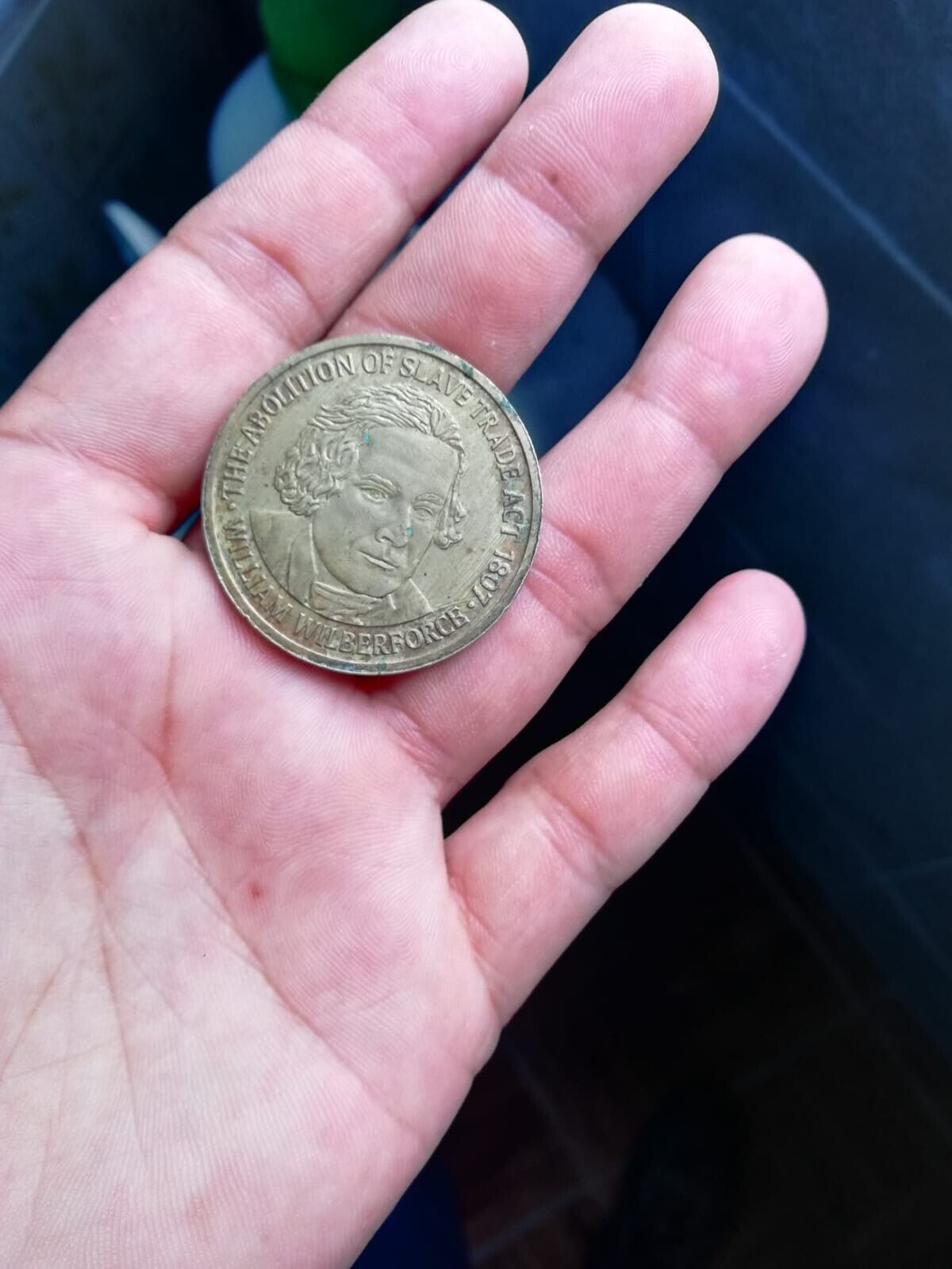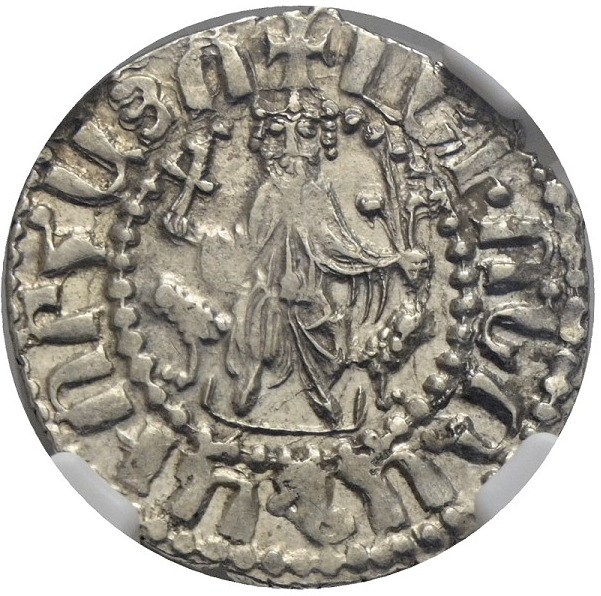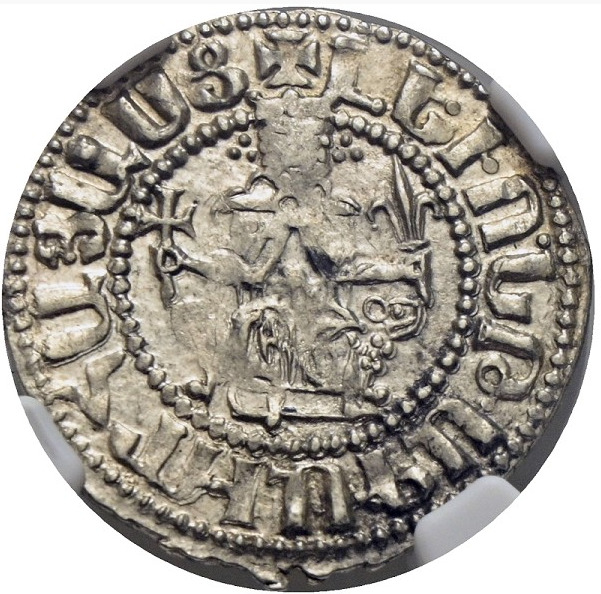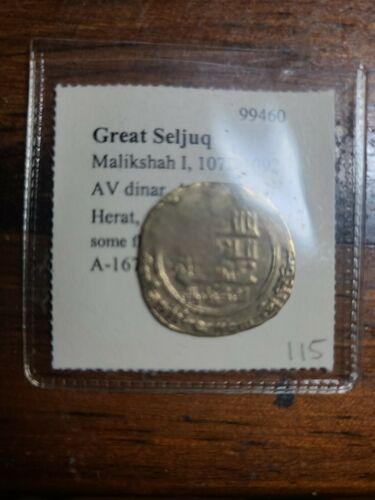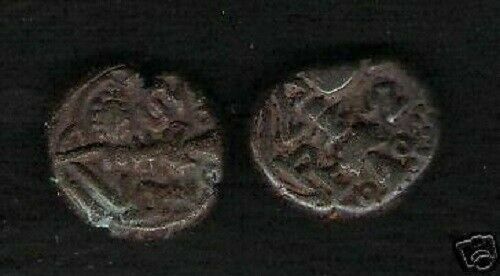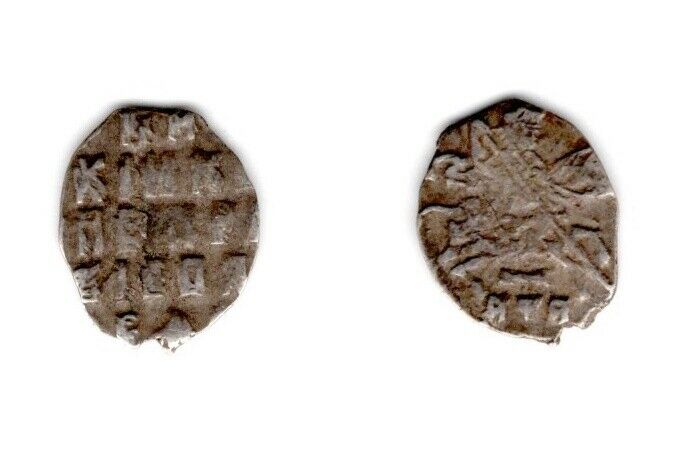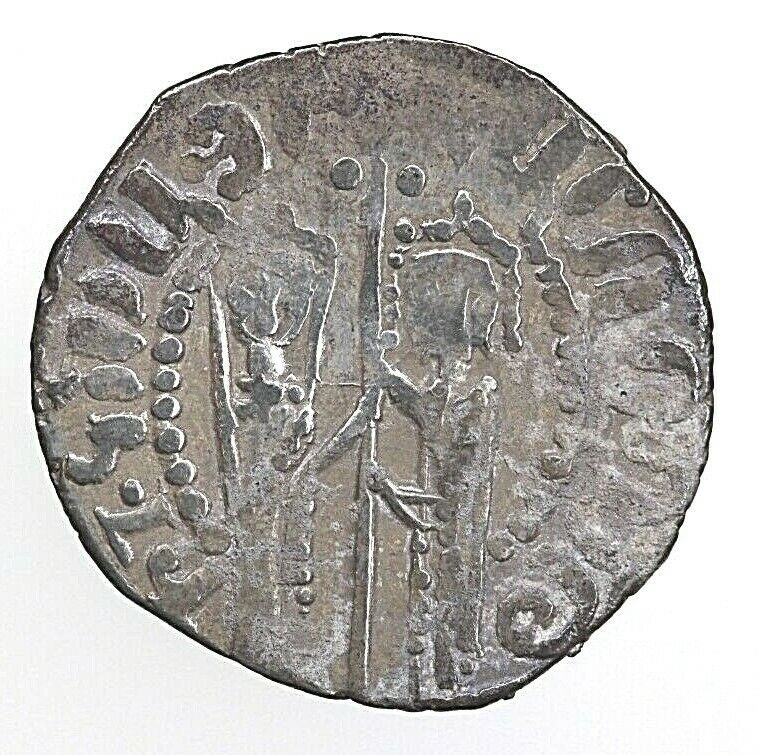-40%
Russian XVIIth c. Silver Wire Kopeck. - Peter The Great!! Condition! 85
$ 21.11
- Description
- Size Guide
Description
Russian XVII th century Silver Wire Kopeck was produced during the reign of Peter I (1696-1725).The coin has beautiful natural patina.
RARE Coin in great condition!
Peter I, was born to Alexis Romanov and his second wife Natalia Naryshkina. Peter grew up in a turbulent period of Russian history. His father’s early death at the age of thirty-one left a bitter struggle for power between the family of Alexis’s first wife’s family, the Miloslavskaias, and Peter’s family. A brief period of reign by Peter’s half brother Fedor (1676-1682) was followed by his half sister Sofia assuming control of Russia as regent from 1682-1689. During this time Peter and his half brother, Ivan V, waited as co-Czars until they came of age. Meanwhile Peter spent many of his formative years in the country estate of Preobrazhenskoe, just outside of Moscow. It was here that Peter fostered his love of warfare, and had his first contact with Westerners. Rather than being educated in the traditional manner, Peter was allowed to play war games. From an assortment of commoners, courtiers, and foreigners Peter formed two regiments, the Preobrazhenskii and Semenovskii, which he outfitted with real weaponry and drilled into what would later become his imperial guard. Also during this time, Peter developed two other passions. The first was sailing, which he first came in contact with by discovering an old English sailboat. The second was the love of all things Western, which came from his frequent visits to the nearby foreign quarter of Moscow. By 1689 Peter had grown to the towering height of six feet seven inches, and was armed with a quick mind and boundless ambition. At this time Sofia attempted to murder Peter, but failed due to strong support for Peter from loyal Muscovites and foreigners. Shortly after assuming full power in 1695, Peter left on an unprecedented tour of Europe, in which he traveled undercover as a diplomat. Upon his return to Russia in 1698, Peter began his reign in earnest. Armed with much knowledge of the West, he started a series of military campaigns, enacted sweeping reforms, and nearly single handedly thrust Russia to the forefront of European power. Peter is perhaps best known for his reforms that altered the face of Russia permanently. Peter’s hatred of traditional Muscovite custom prompted many of his reforms. Amongst reforms aimed at creating a Western culture were laws demanding men to be clean-shaven and all clothing and riding attire must be of German style. Peter also changed the calendar to the same style used in most of Europe. Peter’s most influential reforms, though, dealt with the military. Peter essentially founded Russia’s military tradition. During his reign the Russian military increased from around 30,000 men in 1695, to nearly 300,000 men in 1725, and that included the newly formed navy. Peter was able to do this for a number of reasons. First he began mass conscriptions of both peasants and nobles. To logistically support the military, he completely restructured the government into a bureaucratic state with its capital in the newly built city of St. Petersburg. To pay for it he nearly tripled the taxes through various means. The most profitable tax was the head tax in which nearly every Russian male had to pay solely because they lived in Russia. To outfit the military, Peter created iron foundries and textile mills. To train it, he hired Western advisors to make up for the lack of Russian expertise. Nearly all of this was done to feed Peter’s imperial ambitions. The most important part of Peter’s imperialism was the Great Northern War with Sweden, which lasted for nearly his entire reign. Through much difficulty Russia eventually won the war with the signing of the Treaty of Nystadt in 1721. Although Russia had really won the war in 1709 at the battle of Poltava, Sweden continued to fight because of support from France and Britain. The results of the war made Russia the most powerful country in Northern Europe, and the undisputed master of the Baltic Sea. The Great Northern War also, and more importantly, made Peter revered throughout Europe as a powerful, successful, and ultimately Western style leader of a respected nation.
Check my other auctions that I have on eBay now! Happy bidding!
